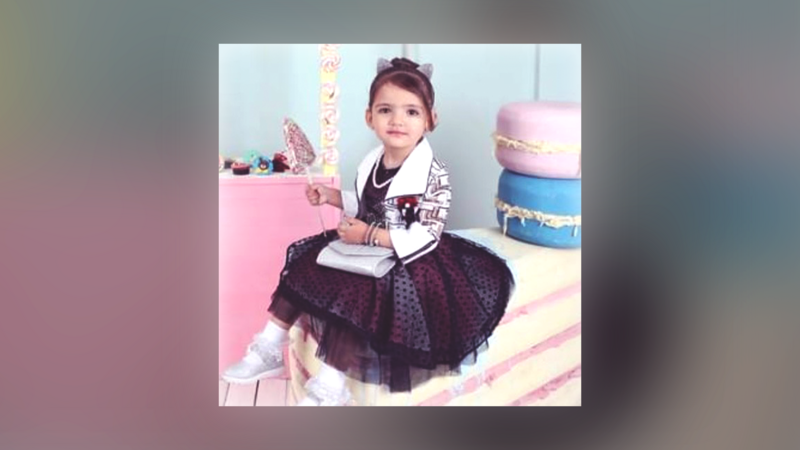The Electronic Intifada 17 May 2024

Layan was killed when Israel fired a missile at her home.
Huda has lived beside my family for decades.
Her parents’ only child, she was shy when she was growing up.
At the age of 25, Huda got married.
She had her first baby in the 1990s and it emerged that Huda had thalassemia. The blood disorder was passed to Khaled, her son.
Khaled had serious health problems. That caused great anxiety for Huda.
For a number of years, she decided against having other children. But she eventually decided that she would try and conceive again.
And so, she gave birth to two daughters and two more sons, all of whom were healthy.
Tragically, Khaled died during his adolescence. Huda was devastated.
Later, she would receive some comfort through becoming a grandmother. Alaa, Huda’s daughter, gave birth to a girl named Layan.
As Layan’s parents were divorced, she and her mother lived with Huda. Before she went to school in the mornings, Huda braided Layan’s hair.
Both Alaa and Huda would go onto their balcony and watch Layan taking the bus.
Israel’s current war on Gaza meant that Layan could not go to school anymore.
All residents of northern Gaza were instructed to evacuate. But some defied the orders.
They included my family and Huda’s family. We remained in Jabaliya refugee camp for 60 days.
Yet when Israeli troops invaded our area, we had to leave.
We moved westwards and stayed in shelters for almost a month. After hearing that Israel had withdrawn from our neighborhood, we thought about going back to our home.
Horrific
Huda’s family also fled Jabaliya when it was invaded. They returned a week before we did.
Their journey home was horrific. Yousef, one of Huda’s sons, was killed on the way back.
The Israeli military used a quadcopter to attack him.
The distress was all too evident in Huda’s face when we saw her after Yousef’s killing. She asked aloud why she had now lost two of her sons – first Khaled, then Yousef.
Life was extremely tough after our return.
Israel conducted a number of airstrikes against Jabaliya. And hunger gnawed at our empty stomachs.
Any available food was being sold at exorbitant prices.
We persevered nonetheless. For a brief period, there was less violence against Jabaliya than against some other parts of Gaza.
That period came to an end.
On 11 May, Israel dropped leaflets over parts of Jabaliya. They informed us that the areas had been designated as combat zones and ordered us to evacuate westwards.
We knew that Israel was trying to deceive the world by suggesting there are places we could shelter. Even if you can find modest accommodation, you are still deprived of life’s necessities.
So we decided against obeying Israel’s orders.
As we remained in Jabaliya, Israel started shelling everywhere. The sounds of explosions became louder.
We could not sleep at night.
It felt like the clock had been wound back to the first days of the war. Or worse.
Our home was within Israel’s designated combat zone. Yet it was considered to be on the outskirts of Jabaliya camp.
As a result, many people who lived in the camp’s center came to our home, seeking shelter.
On 13 May, our house was packed. Israel was assaulting us from all sides.
There was no consensus about what we should do.
Some felt we should flee straight away. Others argued that we should remain in Jabaliya no matter what.
Eventually, we decided to wait until the evening and then assess the situation.
Around 11 pm, a missile went over our heads. There was a huge explosion.
It shook our home and knocked off the curtains. The glass in the windows did not break for a particular reason: there was no glass left in them.
The smoke from the explosion soon filled the house.
We heard our neighbors shout, “We want an ambulance. Our children are injured.”
My brother and some other young people rushed to Huda’s house. The missile which went over our heads had hit her family.
We soon heard about the martyrdom of a girl. Little Layan.
She was only 6.
We were shocked by this terrible news. We all started crying.
At first, we heard that Layan was the only one killed. The others were wounded.
A few hours later, we heard more dreadful news. Alaa – Layan’s mother – had died from her injuries.
Huda had lost a daughter and a granddaughter.
The only solace was that they were buried in the same grave. They are together for eternity.
Asil Almanssi is a resident of Gaza.





